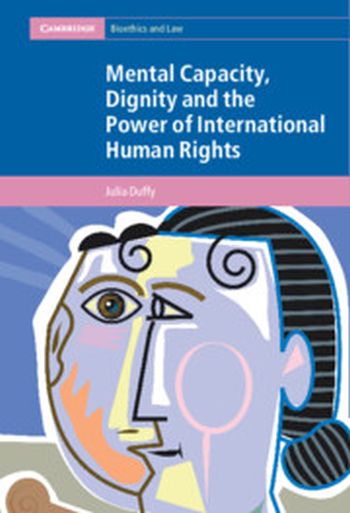
Personhood, in liberal philosophical and legal traditions, has long been grounded in the idea of autonomy and the right to legal capacity. However, in this book, Julia Duffy questions these assumptions and shows how such beliefs exclude and undermine the rights of adults with cognitive disability. Instead, she reinterprets the right to legal capacity through the principle of the interdependence and indivisibility of human rights. In doing so, she compellingly argues that dignity and not autonomy ought to be the basis of personhood. Using illustrative case studies, Duffy demonstrates that the key human rights values of autonomy, dignity and equality can only be achieved by fulfilling a range of interdependent human rights. With this innovative book challenging common assumptions about human rights and personhood, Duffy leads the way in ensuring civil, economic, political, social, and cultural inclusion for adults with cognitive disabilities.